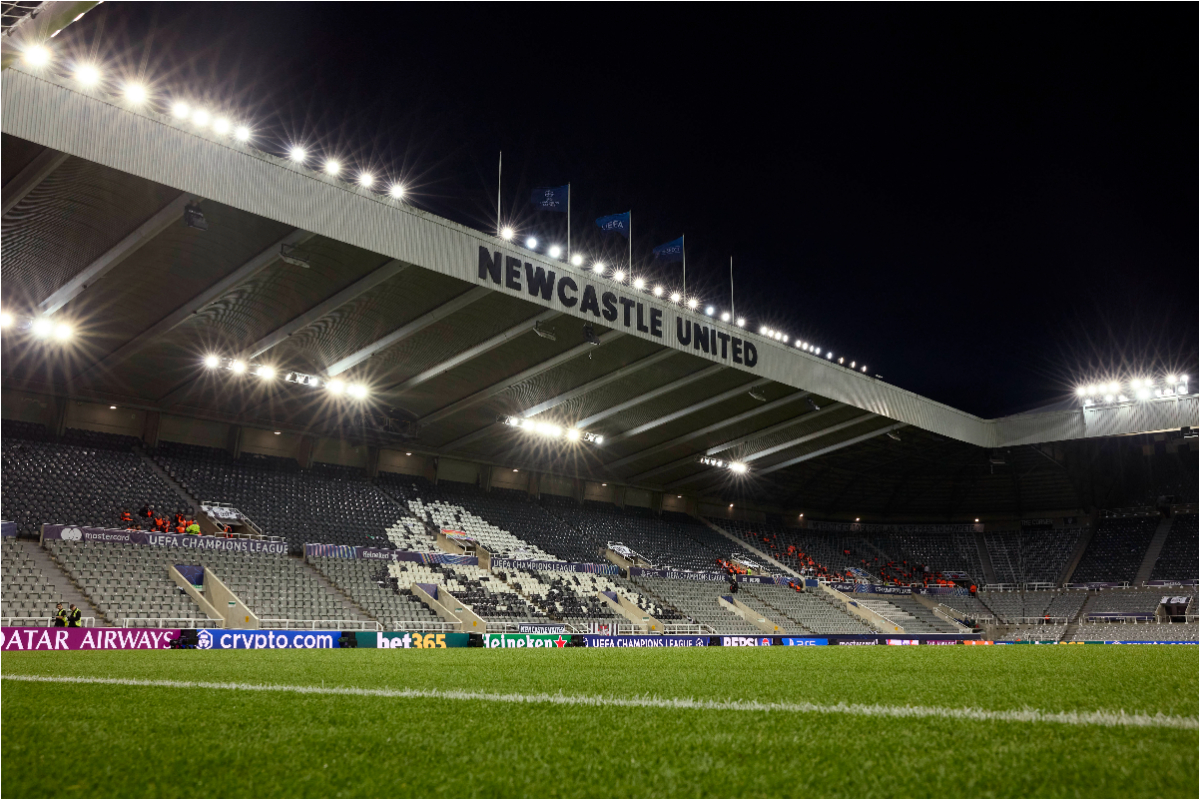
With St James’ Park confirmed as a host venue for five matches at Euro 2028, reports have emerged that Newcastle United simply cannot begin major construction on their stadium without causing severe disruption.
Geordie Boot Boys finance expert Adam Williams believes Newcastle’s stadium future has been pushed back significantly, but he explains how the club can generate up to £80m despite the twist.
“The fact that St James’ Park is hosting five matches at Euro 2028 means that work isn’t going to start at the stadium – or, presumably, the proposed site at Leazes Park – until after the end of that tournament,” he explained.
Williams noted that the footprint of the new stadium design overlaps with the current ground, making any parallel build “too disruptive” during such a major international event.
As a result, no announcement on the new stadium plan is expected until next year at the earliest. Even then, Newcastle are facing at least two-and-a-half years before they can break ground, followed by a further two to four years of construction.
For supporters, St James’ Park hosting England in a major tournament is an experience rarely enjoyed in the North East, and they will relish it, but the delay also has important financial consequences for Newcastle.

Why delaying the Newcastle United stadium move brings short-term financial benefits
Williams says Euro 2028 brings valuable commercial uplift at a crucial time for the Magpies.
Additional revenue over the next few years will provide more headroom under PSR rules, even if Newcastle remain limited in how far they can push matchday gains.
Newcastle generated £50m in matchday income last year, the seventh-highest in the Premier League, but Williams warns of a widening gap to the ‘Big Six’, who are targeting double that amount as a baseline.
With Champions League qualification a major factor, Williams believes Newcastle could reach £75m–£80m in matchday income within the next few seasons.
However, he stresses the club may still fall behind financially stronger rivals, affecting future transfer spending.
St James’ Park remains Newcastle’s home of 133 years and will stay that way until at least 2030, with PIF’s £1.2bn stadium plan now pushed beyond Euro 2028.
FGG Says
The pause on stadium redevelopment feels both practical and problematic. Euro 2028 guarantees St James’ Park global exposure and buys Newcastle valuable commercial breathing room, but the financial gap to the Premier League’s elite will continue to grow until a larger, modern stadium becomes reality.
The club gains stability and short-term income, yet risks long-term stagnation if plans are delayed too far into the next decade. The Magpies must balance sentiment, scale and ambition carefully, because the longer they wait, the harder it becomes to catch up.
